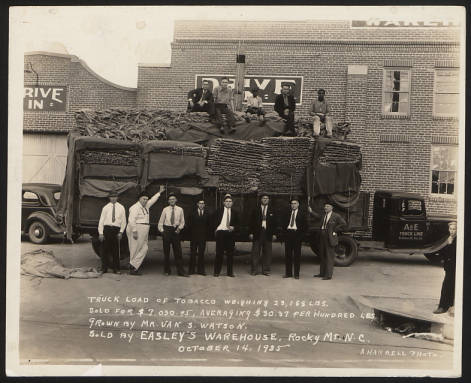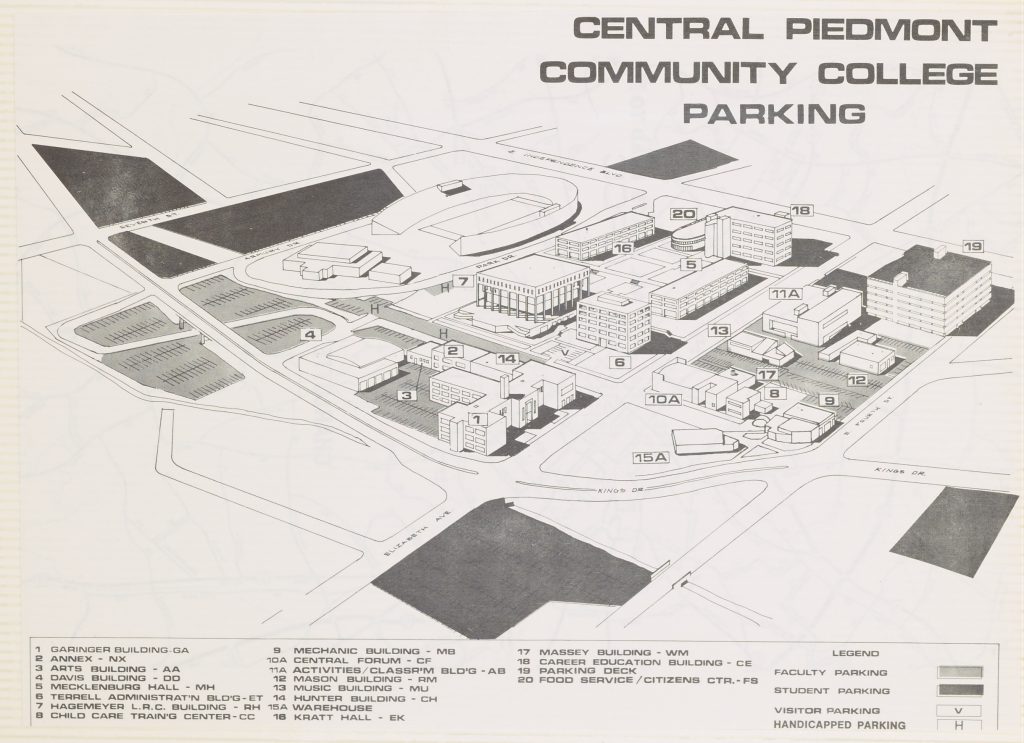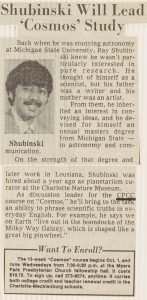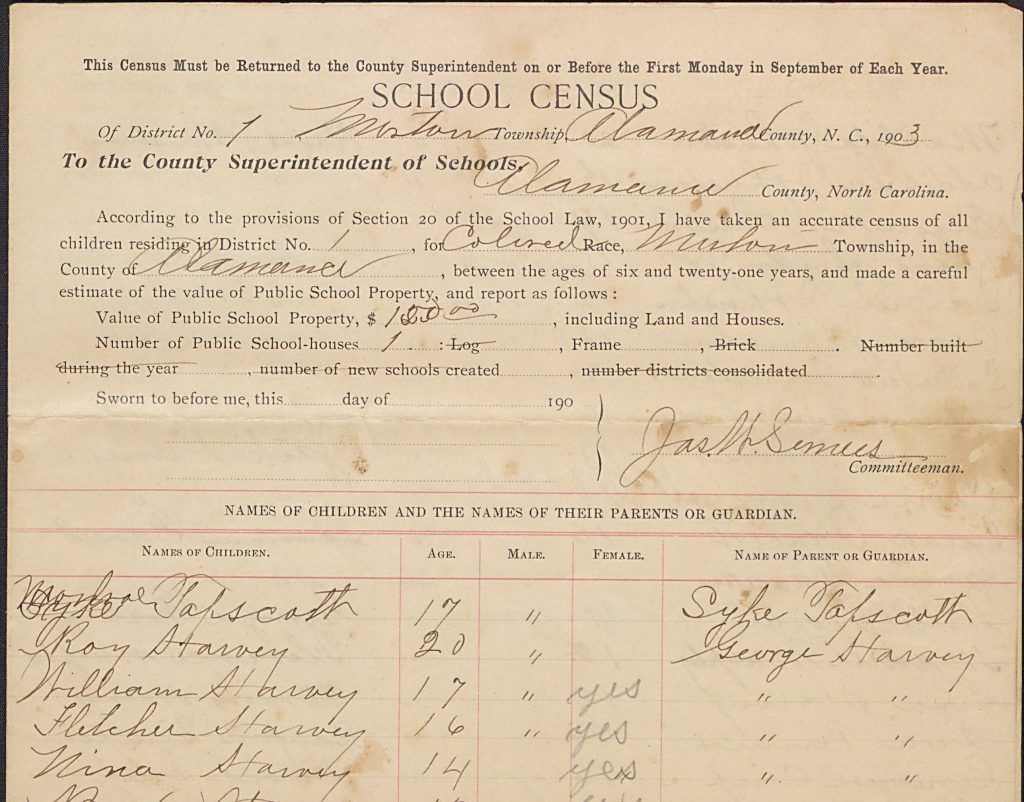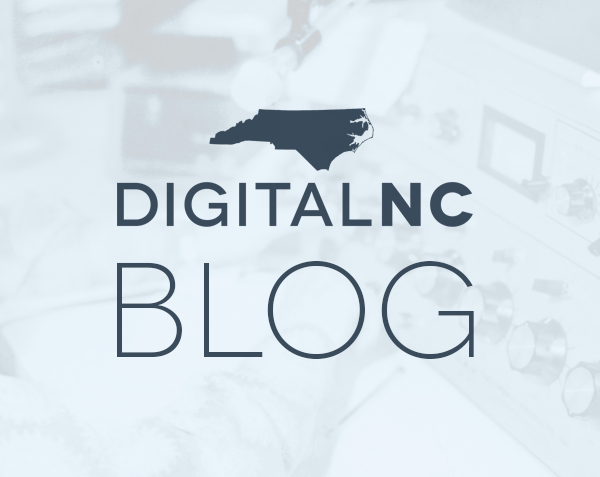We are one of 29 finalists for the Institute of Museum and Library Services 2018 National Medal for Museum and Library Service. Now through April 13, IMLS is asking the people who have been impacted by the Digital Heritage Center to share their stories. If you have a story you’d like to share, we’d love to hear from you! Please contact us or share via social media by tagging us on Facebook (@NC Digital Heritage Center) or on Twitter (@ncdhc).
Today’s story comes from Professor Robert C. Allen, Professor in the Department of American Studies at UNC-Chapel Hill and faculty lead of the Community Histories Workshop. Dr. Allen shared the thoughts below in support of our Medal application and we reshare them today with his permission.
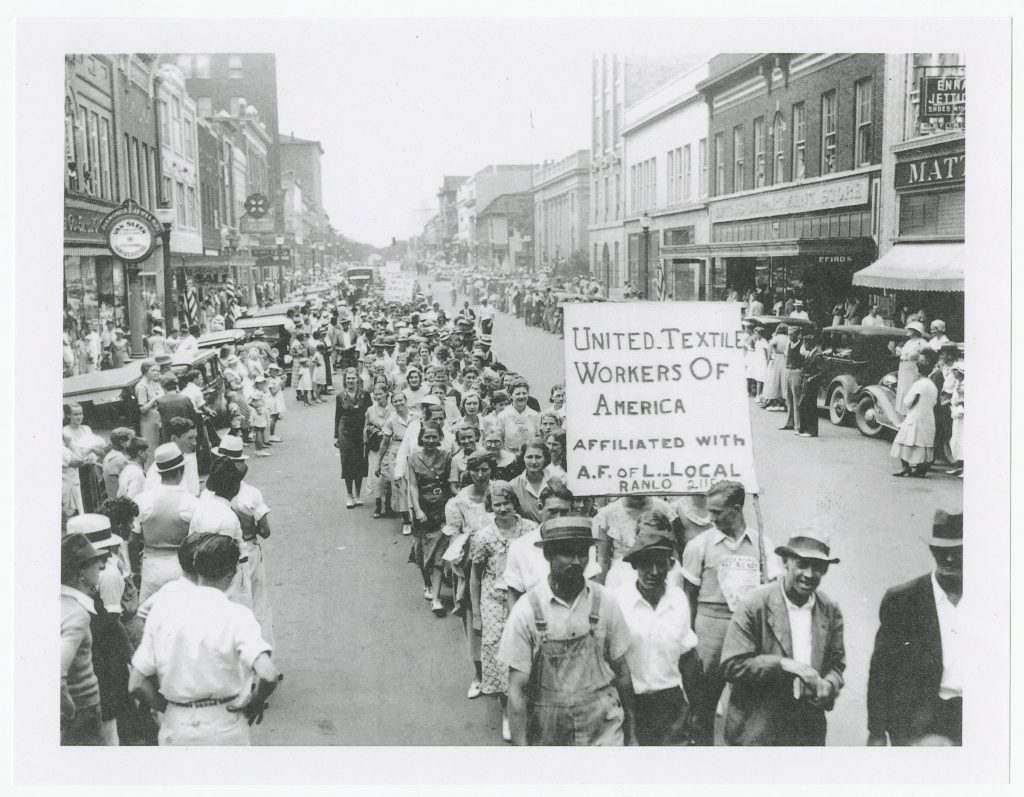
Textile Workers Marching in Gastonia, NC, 1929. From the Gaston County Museum of Art & History
“Since 2013, I have been working closely with the N.C. Digital Heritage Center on ‘Digital Loray,’ the most ambitious public humanities program ever undertaken by UNC. This project uses the adaptive reuse of an iconic industrial structure—in this case, Gastonia’s Loray Mill, one of the largest cotton mills built in the state—as a catalyst for a long-term community history and archiving initiative. The ‘heart of this open-ended project is an archive of more than 2500 digital objects, brought together in a single interface from the UNC North Carolina Collection and other Wilson Library collections, other institutional archives, community cultural heritage organizations, churches, and individual community contributors.
“The NC Digital Heritage Center was absolutely instrumental in our ability to undertake this kind of deeply collaborative community history work. It worked with the Gaston County Museum of Art and History—the primary cultural heritage organization in the county—to identify, digitize, and publish material from its collection that could be ‘added’ to Digital Loray. Three community members had saved many documents, photographs, maps, mementos, and other material from the mill at the time of its closing in 1993. Working with the N.C. Digital Heritage Center, we encouraged them to donate this material to the Gaston County Museum of Art and History, which, in turn, allowed the center to facilitate the digitization and publication of these unique artifacts…
“In short, I could not extend my teaching, graduate training, and the work of my unit into communities in North Carolina without the invaluable assistance of the N.C. Digital Heritage Center. But I am not the most important beneficiary of its effectiveness and leadership: it enables hundreds of small museums, public libraries, historical societies, and other cultural heritage organizations to add a digital dimension to their work and, in doing so, to preserve and share the histories of their communities. These perennially threatened local organizations can undertake what otherwise would be impossibly expensive and technically complex digitization projects without the need for technical specialists or third-party software and hosting solutions.
“The N.C. Digital Heritage Center should be a model for other states. It deserves much more attention on a national level than it has received, particularly in the realms of public history, digital history, public humanities, and digital humanities. I have reviewed and attended presentations about ‘sexier’ and much better resourced projects over the past few years, but none I think has had a greater or longer-lasting impact than the quiet but profoundly important work of my colleagues in the N.C. Digital Heritage Center. I congratulate them and thank them for all they do to make my university a great resource for the people of North Carolina.
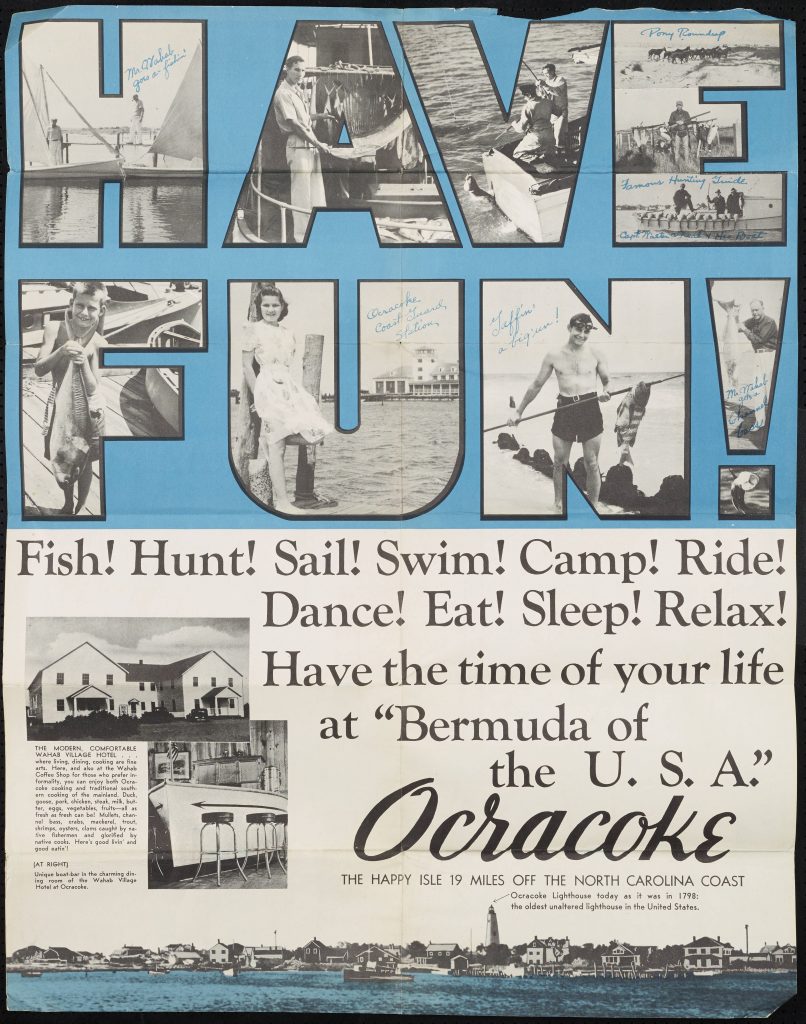

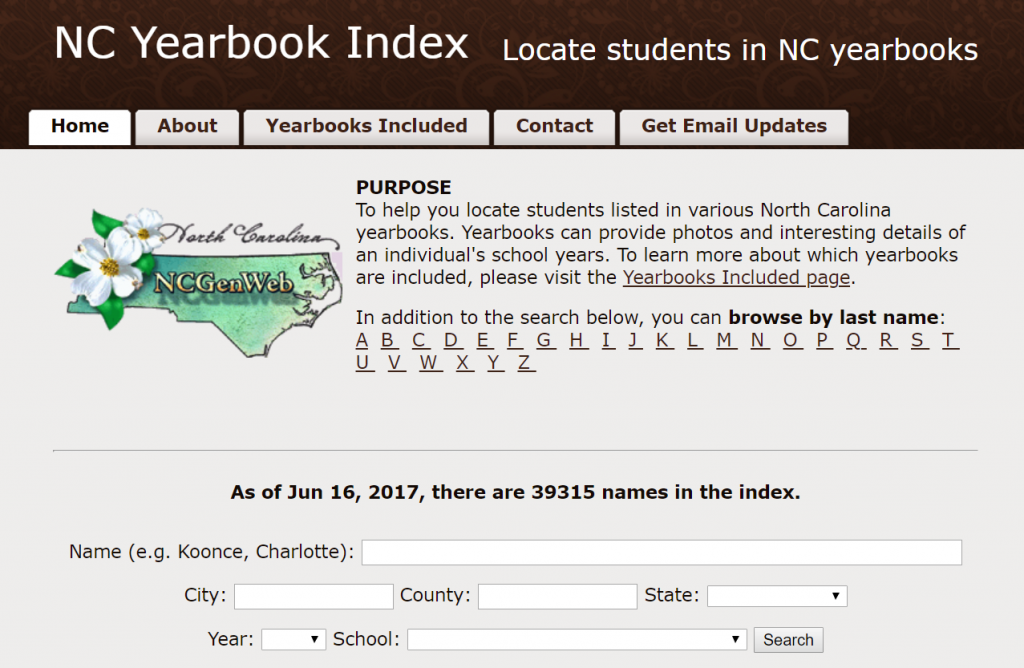
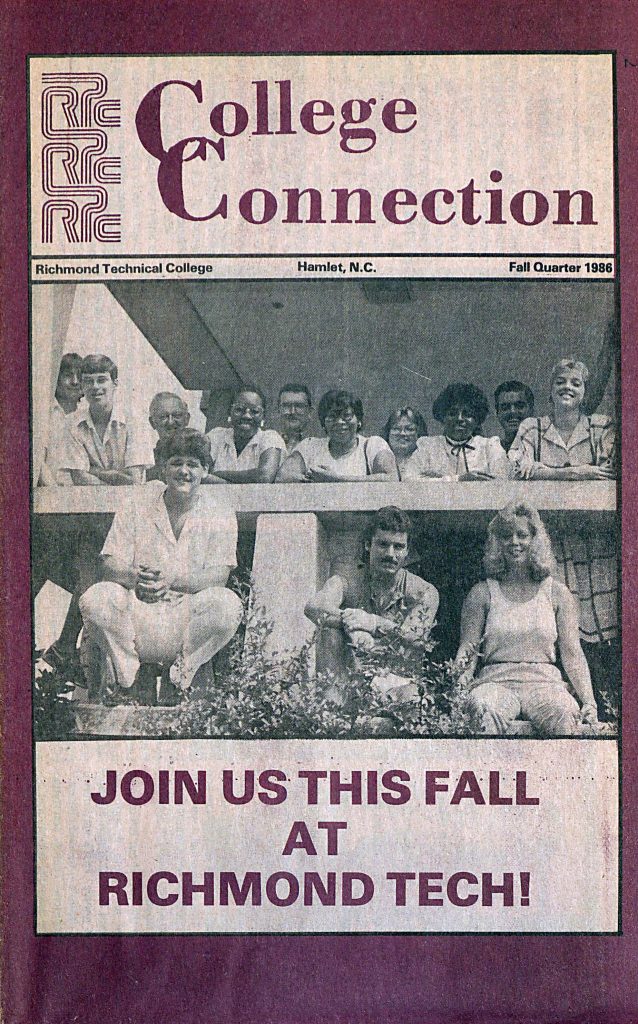
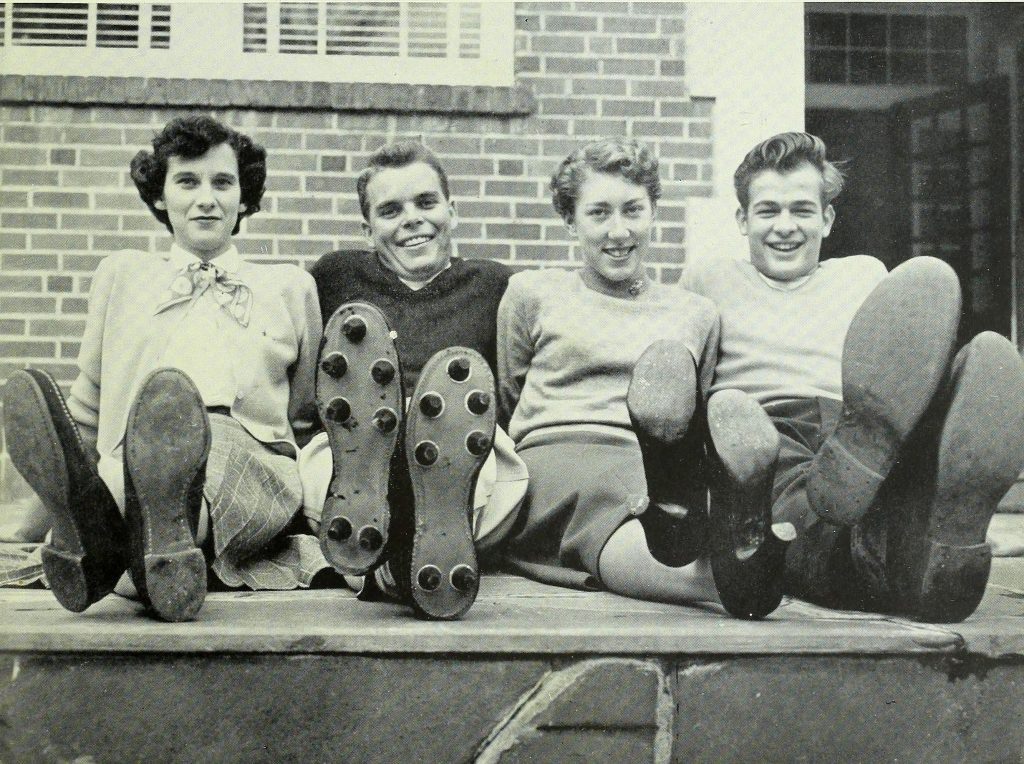
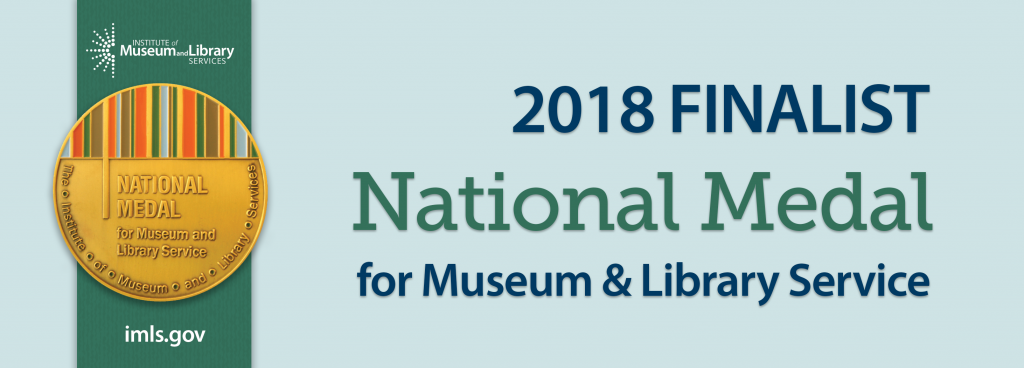 We’re honored and excited to announce that we have been named one of the Institute of Museum and Library Services (IMLS) finalists for the 2018 National Medal for Museum and Library Service!
We’re honored and excited to announce that we have been named one of the Institute of Museum and Library Services (IMLS) finalists for the 2018 National Medal for Museum and Library Service!